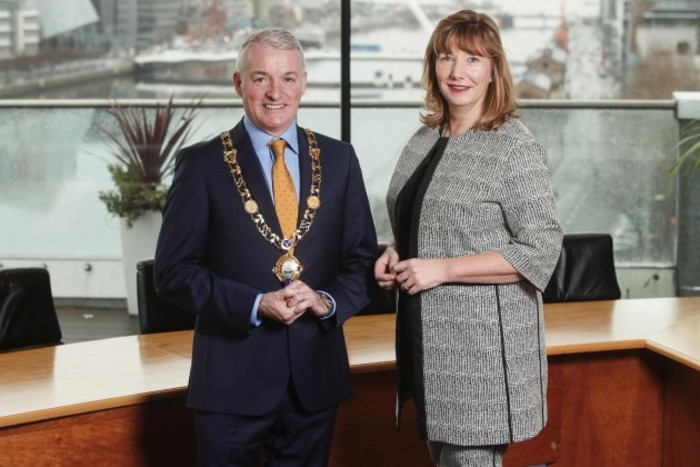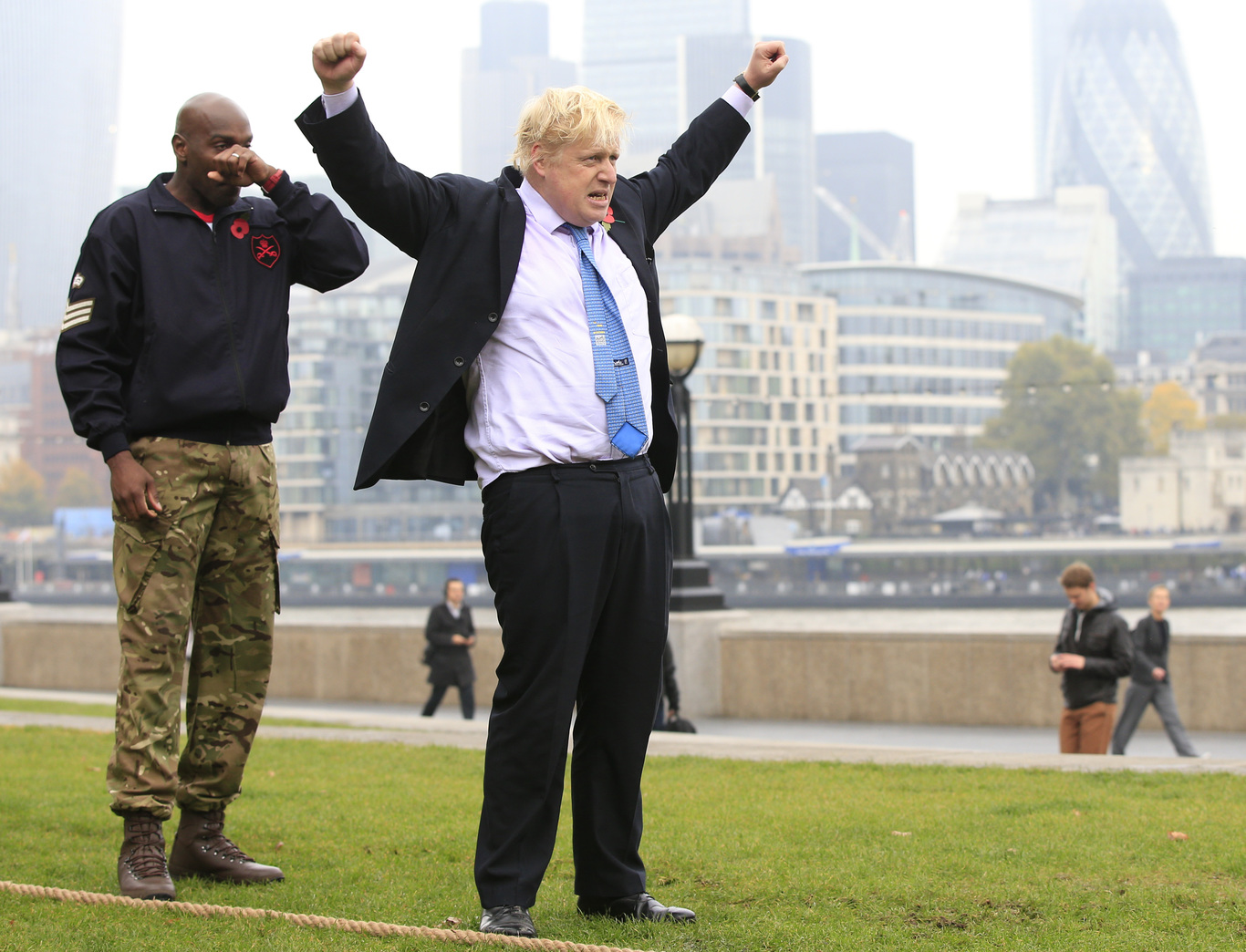Dublin's main business group says one elected mayor should lead the whole region
The new figurehead would enjoy similar powers to Boris Johnson during his London leadership.
OFFICIALS SHOULD CONSIDER linking up the four Dublin regional authorities and putting them under the guidance of a powerful, directly elected mayor.
That is according to the new head of the Dublin Chamber of Commerce, who also said that there needs to be more joined-up thinking when it comes to the development of the Dublin region.
Grant Thornton partner Brendan Foster was inaugurated last night as the new chamber president, replacing the outgoing Derry Gray at the organisation’s annual dinner.
In a speech during the event, Forster said that the idea of linking the Dublin regional authorities – currently divided into Dublin city, Fingal, South Dublin and Dún Laoghaire-Rathdown – should be examined.
“We have been talking for years about how joined-up thinking is what Dublin badly needs. In fact, the division of the county works against such kind of kind of joined-up thinking,” he said.
“Perhaps then we should ask the other obvious question: Is it time to unify the four local authorities in Dublin?”
Leadership
The Grant Thornton executive said that the councils could act under the guidance of a single regional authority.
“The four local authorities would operate as service providers to the authority, submitting their annual budgets for approval,” he said.
 Foster with Dublin Chamber CEO Mary Rose Burke
Foster with Dublin Chamber CEO Mary Rose Burke
Forster said that, “ideally”, the Dublin regional authority would be headed “by an executive officer who may be elected directly by the citizens of Dublin”.
“All over the world, municipal governments with strong executive powers are transforming their cities to meet the challenges of the coming century,” he said.
“They are often led in this task by directly elected mayors. In Dublin we have four different mayors, all indirectly selected, all with limited powers, and all changing every 12 months.
“This kind of fragmented governance is not what Dublin needs in the 21st century. Ireland’s capital deserves better.”
Clear control
He added that the chamber would not support a directly elected mayor if the role was a purely ceremonial one.
“We do not want an additional layer of bureaucracy, with no more than an electoral mandate to advise local authorities,” he said.
“Any legislation must give the mayoral office clear control so that it can issue legally binding directions across the Dublin region, perhaps in a united Dublin local authority structure or a greater Dublin authority structure.
“It must take a holistic view of the needs of the whole city region rather than focusing on narrow patches of electoral interest.”
The possibility of a directly elected Dublin mayor has been back on the agenda in the past year, with both Fianna Fáil and the Green Party examining the possibility, although the government moved to delay the reading of the Fianna Fáil bill until 30 June 2017.
The proposal looked to be gaining ground in 2014, when three of Dublin’s local authorities voted to hold a county-wide plebiscite on the issue, however the plans were scuppered by Fingal County Council.






